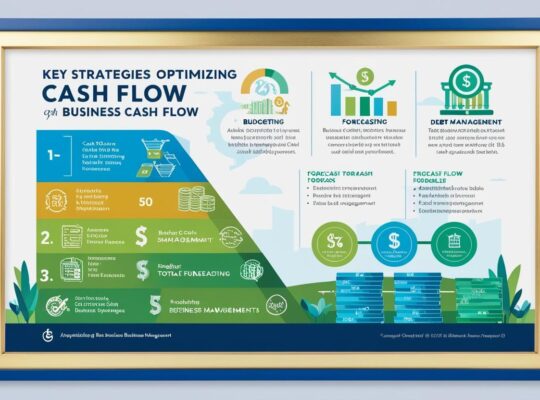In the dynamic world of small businesses, financial literacy is paramount. As Henry Ford aptly stated, “A business that makes nothing but money is a poor business.” But how do you ensure your business is not just generating revenue, but doing so efficiently and sustainably? The answer lies in robust financial analysis.
Financial analysis empowers you to understand your business’s financial health, identify areas for improvement, and make informed decisions for growth. However, navigating the world of financial analysis tools can be daunting, especially for small businesses with limited resources. Fear not, this blog post is here to guide you through the ever-expanding landscape of financial analysis software designed specifically for your needs.
Categorizing Financial Analysis Tools for Small Businesses
Financial analysis tools can be broadly categorized into three main areas:
- Accounting Software: The foundation of any financial analysis is accurate accounting data. Accounting software like QuickBooks or Xero helps you track income and expenses, generate invoices, manage inventory, and create basic financial reports like profit and loss statements and balance sheets.
- Financial Reporting & Budgeting Tools: Once you have your accounting data in place, you can leverage reporting and budgeting tools to gain deeper insights. Tools like Zoho Reports or LiveFlow allow you to create custom reports, analyze trends, and forecast future performance. These tools also aid in creating realistic and actionable budgets, a crucial step for financial planning.
- Advanced Analytics Tools: For businesses seeking a more sophisticated approach, advanced analytics tools like Power BI or Sisense offer in-depth data visualization and data mining capabilities. These tools can help you identify correlations between different financial metrics, predict future outcomes, and make data-driven decisions for optimization.
Choosing the Right Tool for Your Business
The “right” financial analysis tool depends on your specific needs and budget. Here are some key factors to consider:
- Business Size and Complexity: Smaller businesses can often start with basic accounting software and graduate to more advanced tools as they grow.
- Technical Expertise: Some tools require a higher level of technical knowledge to operate. Choose software with an intuitive interface and readily available support.
- Integration Capabilities: Ensure the chosen tool integrates seamlessly with your existing accounting software and other business applications.
- Scalability: Consider the future growth of your business. Choose software that can scale with your needs and avoid the hassle of switching platforms later.
Remember, financial analysis tools are merely instruments. The true power lies in your ability to interpret the data and translate it into actionable insights. As Peter Drucker famously stated, “You can’t manage what you can’t measure.” Financial analysis empowers you to measure your business’s performance effectively, navigate challenges confidently, and unlock its full growth potential.
Samunnati Ventures: Your Partner in Financial Growth
At Samunnati Ventures, we understand the unique challenges faced by small businesses. Our team of experienced management consultants can help you select the right financial analysis tools, interpret data effectively, and develop a robust financial strategy for long-term success. Contact us today for a free consultation and let’s unlock your business’s true financial potential!







